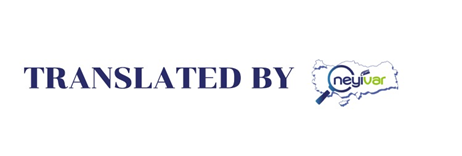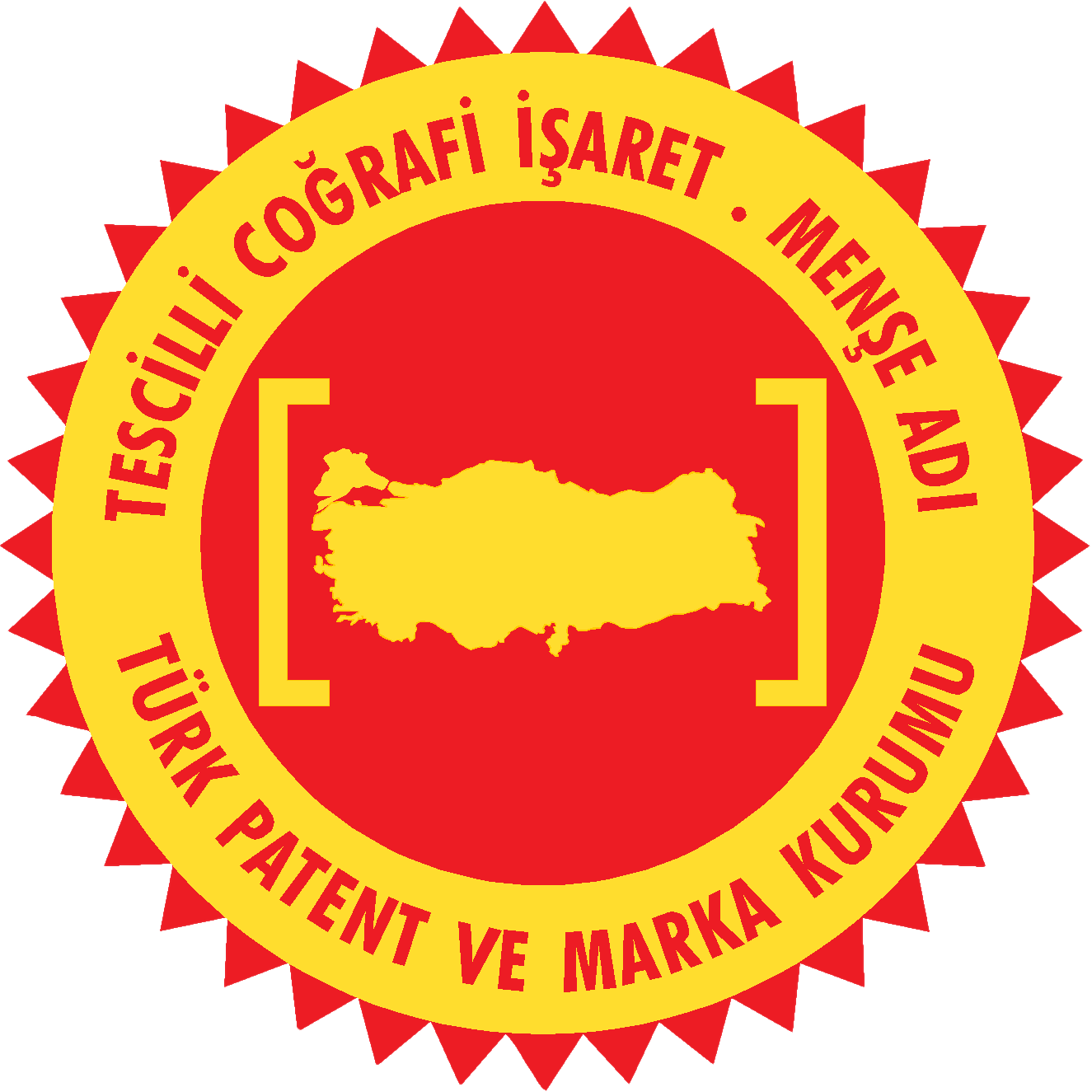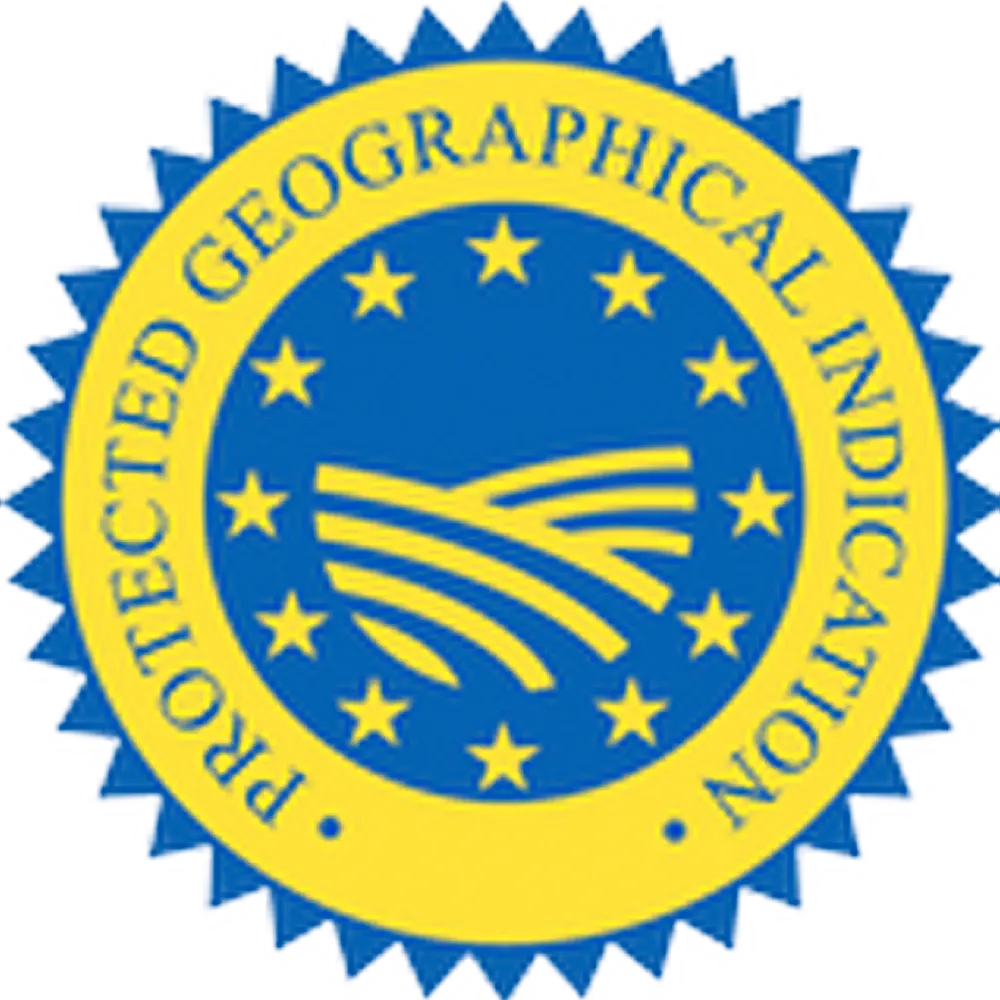Antep Dried Eggplant Protected Geographical Indication
Tuesday, July 5, 2022
No: 376 – Protected Geographical Indication (PGI)
ANTEP DRIED EGGPLANT (GAZIANTEP DRIED EGGPLANT)
Registrant
GAZIANTEP EXCHANGE COMMODITY
This geographical indication was registered on 14.08.2018 to be protected as of 24.04.2017 under the Industrial Property Law No. 6769.
Registration Number : 376
Registration Date : 14.08.2018
Application Number : C2017/031
Application Date : 24.04.2017
Name of Geographical Indication : Antep Dried Eggplant (Gaziantep Dried Eggplant)
Product / Product Group : Dried eggplant / Fresh and processed fruits and vegetables and mushrooms
Type of Geographical Indication : Protected Geographical Indication (PGI)
Registrant : Gaziantep Commodity Exchange
Address of Registrant : Sanayi Mah. 60092 Sok. Bina No: 15 Şehitkamil GAZIANTEP
Geographical Boundary : Oğuzeli, Nizip, Karkamış and Araban districts of Gaziantep province
Usage Format : The geographical indication can be placed on the product together with the brand
where the brand of the product is used.
Product Description and Distinctive Features:
Gaziantep's food culture has a rich history, and Gaziantep cuisine is considered one of the richest local cuisines of Turkish cuisine. Food traditions and practices from the past have been passed down to the present day, and one of them is the preservation of products by drying. Drying is one of the oldest methods used since ancient times to preserve food for a long time. Antep Dried Eggplant is consumed as stuffed and is a known and important dried vegetable that has survived for many years. Antep cuisine and "Balcan dolma" (stuffed eggplant) are featured in the book "Food Treatise" written by Ali Esref Dede in the 18th century.
In our country, the most widely used method for drying vegetables such as eggplant and pepper is natural drying. Natural drying method is also applied in Gaziantep and other provinces where dried eggplant is produced. Climate is very important in dry eggplant production, and Antep Dried Eggplant is produced in Oguzeli, Nizip, Karkamis and Araban districts, which have similar climatic characteristics. When the average temperature values of the provinces that produce dried eggplants are examined, it is found that the lowest temperature values among them are in Gaziantep. Thus, eggplants dried in Gaziantep take longer to dry and have a softer texture compared to other provinces. The most distinctive feature of Gaziantep Dried Eggplant is its color, taste and softness after cooking. Gaziantep dried eggplant is characterized as a light-colored, thin-fleshed product that becomes soft after cooking. It differs from the products of other provinces in terms of skin color and hardness level. Though variations may occur according to the harvest period; dried eggplants in which the color L value is 20 - 33, a value is 0.70 - 3.50, b value is (-1.70) - 4, hardness value is 17 - 33 gr/cm2 and flesh thickness is between 1 mm and 3 mm comply with the product character of Antep Dried Eggplant.
Production Method:
Eggplants to be dried are harvested between August and September. The harvested eggplants are washed, cut in half and hollowed out. The eggplants, which are prepared by removing the insides, are stringed in groups of 50. For the drying area, poles are erected and ropes are stretched between them. Eggplant rows are usually hung in rows of 5 and 10 on hangers prepared in the drying area. High, windy areas are generally chosen for drying. Windy weather and shade are needed to ensure successful drying.
Humid weather is a disadvantage. Direct contact of eggplants with the sun causes the product to burn and develop dark spots after drying. Drying is completed in 3 - 4 days in windy weather. In case of rainy weather, this period may extend up to 1 week.
Inspection:
The Antep Dried Eggplant inspection authority consists of 3 people, one of the faculty members of the Food Engineering Department of the Faculty of Engineering of Gaziantep University, and one expert to be appointed each by the Sehitkamil Chamber of Agriculture and by the Gaziantep Metropolitan Municipality, under the coordination of Gaziantep Commodity Exchange.
The supervisory authority will take samples from the places where the dried eggplant is produced and sold. Samples taken will be analyzed in an official laboratory that performs food analysis. The color, hardness and flesh thickness values of the dried eggplants taken as an example will be examined. HunterLab values will be used in the measurement of color values. The hardness value after the dried eggplant samples are kept in boiled water for 5 minutes will be determined as the tenderometer value (g/cm2). Flesh thicknesses will be determined with the help of caliper. The obtained values are required to be within the limits determined in the geographical indication registration document. Samples outside the mentioned limits will not be allowed to be sold under the name of Antep Dried Eggplant.
The supervisory authority will conduct a routine inspection at least once a year. In case of a complaint, the supervisory authority may repeat this inspection indefinite times. It is also among the duties of the supervisory authority to take minutes after the audits and to prepare an audit report every year.
The supervisory authority may benefit from or purchase services of public or private institutions, or natural or private entities in charge, during the execution of the inspection. The registrant carries out the legal processes for the protection of rights.

Original text from ci.gov.tr












